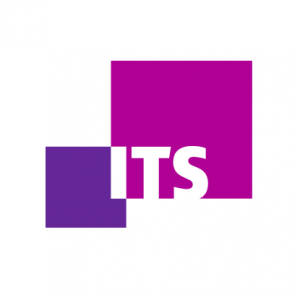Pix Is More than Just a Payment Revolution
Ronaldo Lemos’ Weekly Column in the Folha de São Paulo Newspaper
published in
19 de November de 2020
categories
theme
New system by the Brazilian Central Bank can be the digital identity solution the country desperately needs.
A digital revolution is underway in Brazil: It has a charming name: Pix.
Discreetly, the Brazilian Central Bank created a process that can change for the better the digital infrastructure of the country. This process began in 2013 and will officially be launched on the 16th of November this year.
Pix was created to transform current payment methods. But it can go even further. It can, for example, revolutionize digital identification in Brazil. Perhaps unknowingly, the Central Bank shot further than it could even imagine.
Pix created an open system, which allows instant payments (mainly with cellphones). For the user, it’s a big change. Now they can send money anytime with an instant deposit.
Currently, Brazil has two types of bank transfer: TED and DOC. Both have time restrictions and don’t work on weekends.
Besides that, both have high fees. A DOC or TED can cost from R$5 to R$15. This value is absurd for most Brazilians. Meanwhile, Pix will cost banks just R$0,01 for every 10 transactions. For users, it’s free.
With Pix, Brazil will create a powerful environment that allows micropayments to be made digitally. Being able to transfer just centavos (Brazilian cents) for free changes everything. Countless new business models will arise, digitally and in brick and mortar.
Furthermore, everything I demonstrated on the Expresso Futuro China series about digital payments by QR code using a cellphone will now happen in Brazil. Today in China, homeless people ask for money with a QR code on a sign — they know people don’t use banknotes and coins anymore.
The Brazilian Central Bank ticked so many boxes with Pix. It’s an open platform, which works as a regulatory entity to define standards for the industry, and even its governance model with thematic groups was well structured. It will go onto the list of worldwide examples of how a State can create positive, large-scale technological development.
What I haven’t mentioned yet is that Pix can also revolutionize digital identification in Brazil. Every QR code contains complete information on its owner (name, ID number, cellphone, etc). This is precisely the advanced digital identification system Brazil so badly needs.
Without making any adjustments, Pix can be used as digital identification by its users. It can be used to login to public services, sign documents, receive government financial aid, issue medical prescriptions, enroll your kids in school, transfer a vehicle, sign company minutes, and so on. All this by scanning QR codes with a cellphone.
The only obstacle Pix faces to become a powerful digital identification tool is the national congress. Last week, I talked about how the Senate and Chamber of Deputies signed a shameful law that allows a monopoly on digital certificates. An obsolete and expensive technology, used by just 2% of Brazilians (which costs around R$200 per year to be issued).
Congress distorted Provisional Measure 983, casting aside so many innovative uses for Pix. Now, it’s up to the president to decide if he vetoes or creates a congress-allowed monopoly.
Reader
It’s gone: TED and DOC
Now in: Paying anything with Pix on your cellphone
Coming up: Using Pix as digital identification, as soon as the monopoly on digital certificates is dismantled

